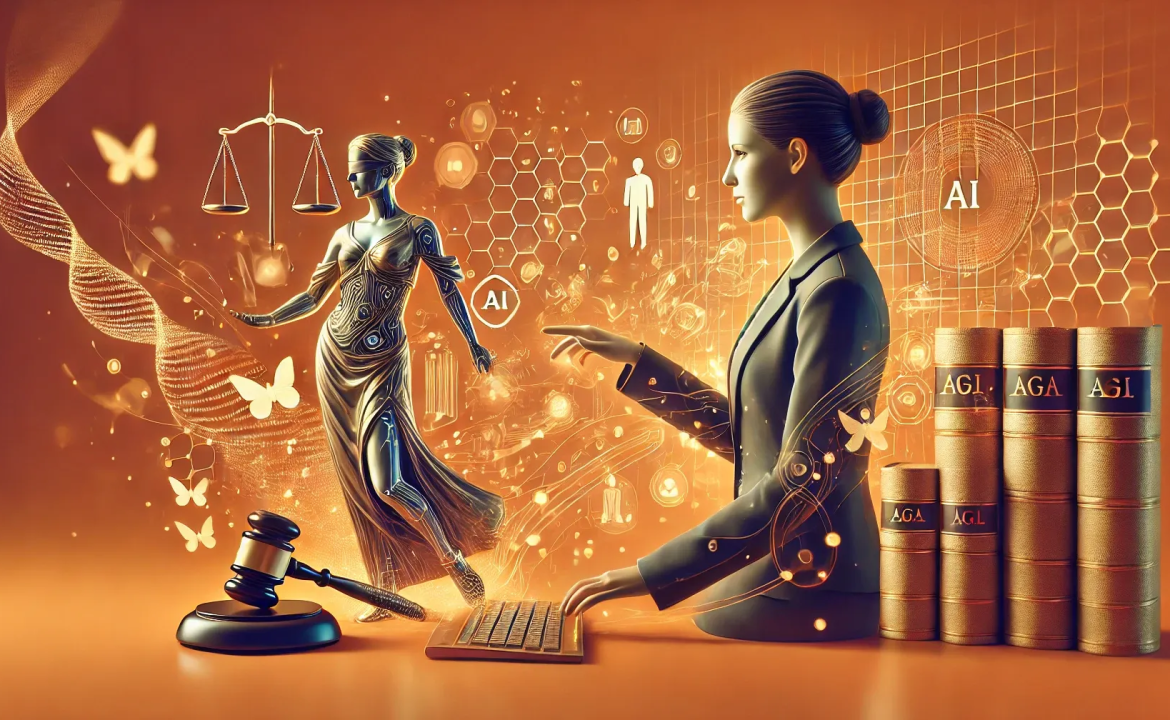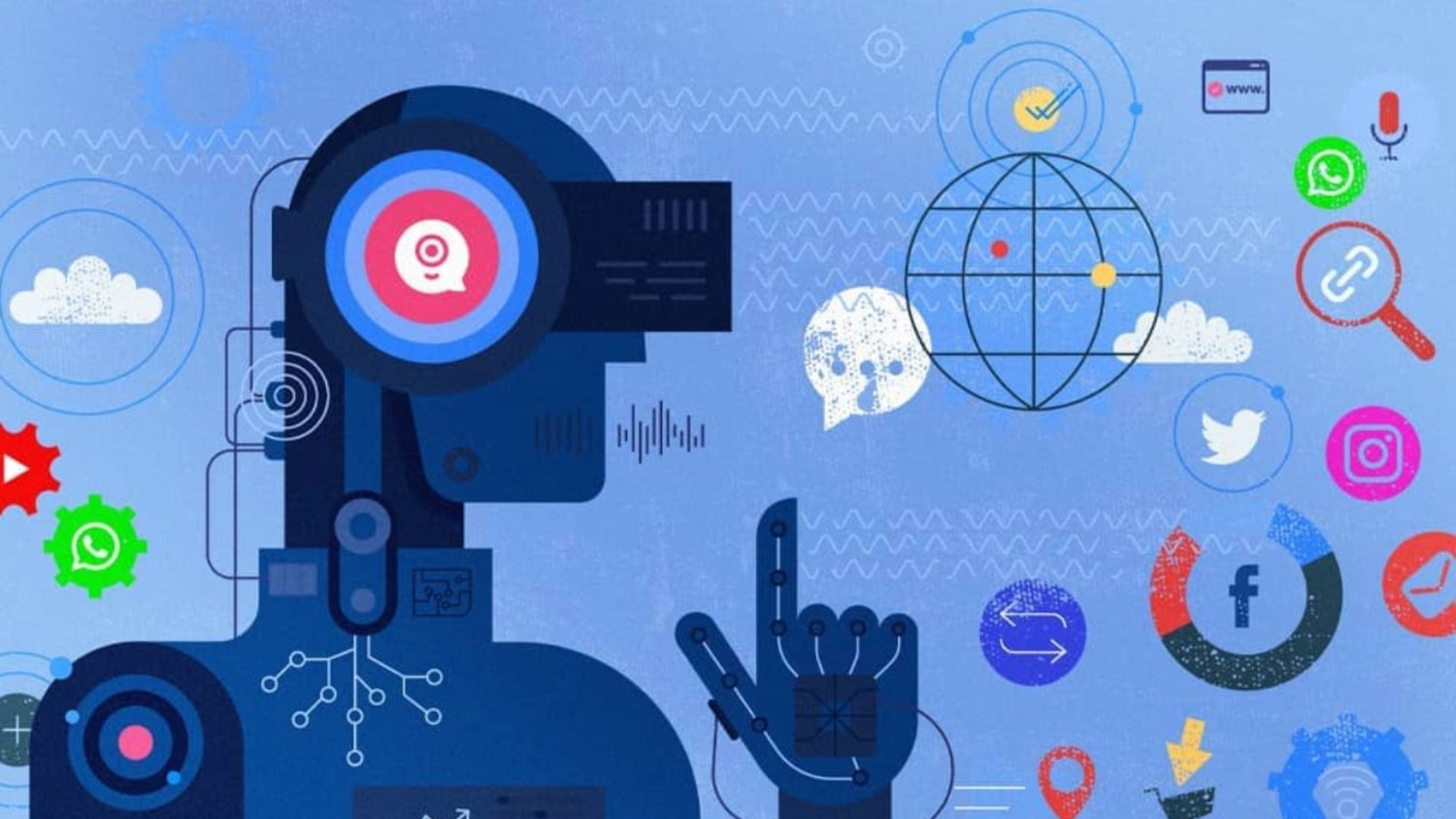Artificial Intelligence (AI) is reshaping the legal industry by automating routine tasks, enhancing research capabilities, and improving decision-making. However, the integration of AI in legal processes brings with it a unique set of challenges that must be carefully addressed to ensure fairness, accuracy, and accountability.
What Are the Challenges of AI in Law?
AI in law involves using machine learning algorithms, natural language processing, and data analytics to assist with legal research, case prediction, document review, and more. While AI can significantly increase efficiency, it also raises ethical, legal, and practical concerns that the legal profession must navigate.
Key Challenges in AI and Law
Accountability and Liability
AI can offer recommendations, predict outcomes, or even draft legal documents, but determining who is responsible when AI makes a mistake is complex. Is it the software developer, the lawyer using the system, or the organization deploying it? Assigning accountability in AI-driven decisions remains a legal grey area.
Bias and Fairness
AI systems are trained on historical legal data, which may contain biases related to race, gender, or socioeconomic status. If unchecked, these biases can be perpetuated or even amplified, leading to unfair outcomes in sentencing, hiring, or legal advice.
Transparency and Explainability
Many AI algorithms, especially deep learning models, operate as “black boxes,” providing results without clear explanations. In the legal field, where reasoning and transparency are critical, the inability to understand how AI arrives at a decision can undermine trust and hinder acceptance.
Data Privacy and Security
AI systems often require access to vast amounts of sensitive legal data. Protecting client confidentiality and ensuring robust data security are significant challenges, especially as cyber threats continue to grow.
Ethical Dilemmas
The use of AI in tasks such as predicting criminal behavior or automating aspects of justice delivery raises ethical questions about fairness, discrimination, and the potential dehumanization of the legal system.
Regulatory Uncertainty
Laws governing the use of AI in legal practice are still evolving. Without clear guidelines, there is confusion around compliance, risk management, and acceptable AI applications, creating hesitation in adopting new technologies.
Impact on Legal Jobs
While AI can streamline repetitive tasks, there is concern that it may displace certain legal roles, particularly those involving basic research, document review, and contract analysis. Balancing technological progress with job preservation is a growing concern.
Conclusion
AI holds transformative potential in the legal profession by improving efficiency and broadening access to justice. However, its use must be carefully managed to address challenges around bias, accountability, transparency, and privacy. As AI continues to evolve, the legal community must establish clear ethical guidelines and regulatory frameworks to ensure that technology enhances—not compromises—the integrity of the legal system.







Leave feedback about this